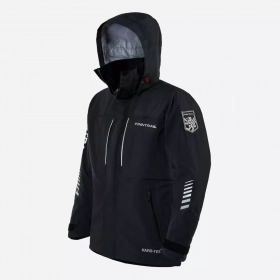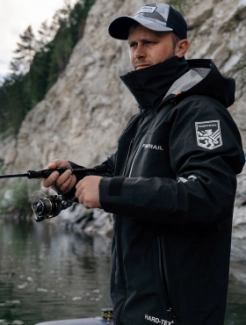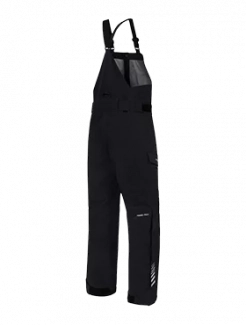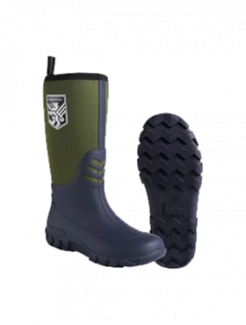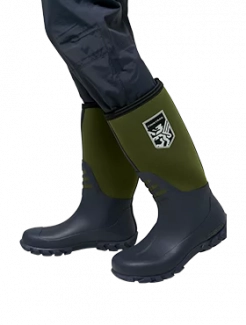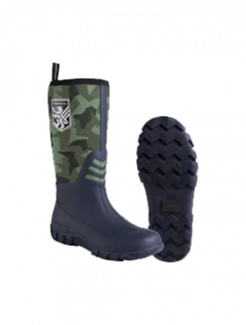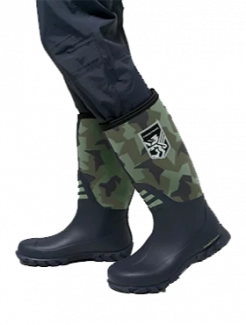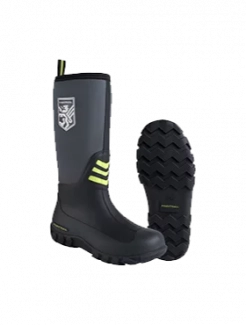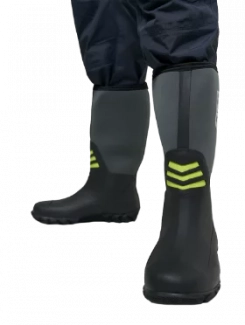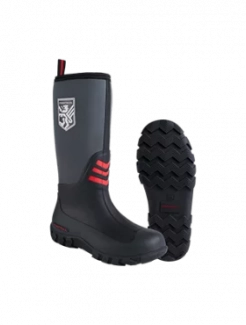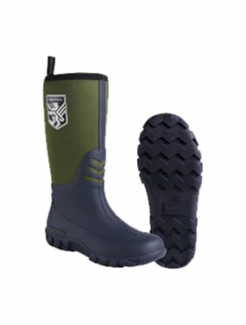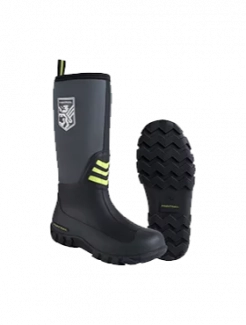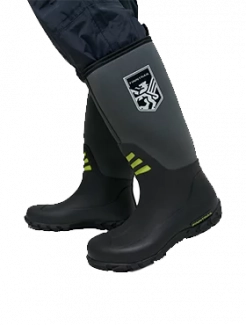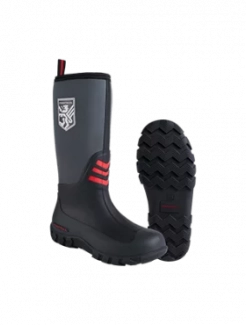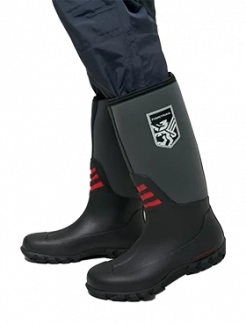Boating License in the USA: What You Need to Know
Boating is a timeless way to enjoy the outdoors, whether you’re casting a line in a quiet cove, cruising along the coastline, or spending the day with family and friends on the open water. But before you head out, there’s one critical thing you need to know is whether you need a boat license. While the image of a license might bring to mind a plastic card like a driver’s license, the reality is more nuanced.
The requirements for a boating license in the USA vary depending on where you live, how old you are, and how you plan to use the vessel. Some states have stringent education mandates, while others are more relaxed. Whether you're renting a jet ski for a day or going on a multiple-day fishing trip, understanding the laws can save you from legal trouble—and make you a safer boater overall.
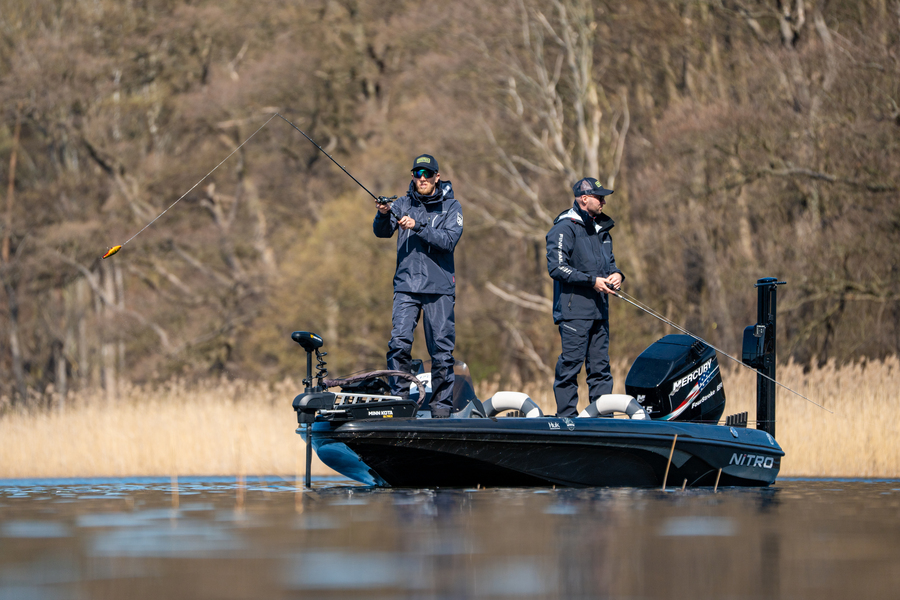
What Is a Boating License in the USA?
The term boating license is often misunderstood. Unlike a driver’s license for cars, most states don’t issue a physical boating license. Instead, what you typically need is a boating safety certificate or a boater education card—proof that you’ve successfully completed a safety education course approved by the state or the National Association of State Boating Law Administrators (NASBLA).
The course generally covers essential topics like navigation rules, emergency procedures, environmental laws, and how to handle a boat safely. Many of these courses can be taken online or in person, and some even cater to specific types of boats or regional conditions.
Importantly, there is no federal boating license system for recreational boaters in the U.S. This means that individual states set their own rules, and those rules can differ significantly. Some states require everyone to take a safety course regardless of age, while others only mandate it for certain age groups or types of vessels.
Do You Need a Boating License?
The short answer is: probably—but not always in the form of a traditional “license.”
Most states have adopted some form of mandatory boater education, particularly for younger operators or those using motorized boats. If you are older, you are more likely to be required to take a course and carry proof of completion. States vary on the exact cutoff dates, so it’s crucial to verify the laws specific to your state.
For example, youth operators under the age of 16 frequently need to complete a safety course before they can legally operate a motorized vessel or personal watercraft like a jet ski. However, even adults may fall under education requirements if they’re operating certain types of boats or if they’re new to boating in that state.
There are also exceptions. Some states don’t require resident boaters to hold a USA boat license if they are only operating small, low-horsepower boats. Non-residents may be exempt if they already possess a valid certification from their home state. Rental situations often have different rules as well.
Do You Need a License to Rent a Boat?
If you're renting a boat for a weekend getaway or a vacation, the rules can be a little different. Many states make it easier for tourists or short-term renters by allowing for temporary certificates or waivers. The rental agency may provide a short safety briefing or require you to complete a quick online test before releasing the vessel to you.
However, it’s important to remember that renting a boat does not automatically absolve you of responsibility. If you're involved in an accident or are found operating recklessly, you could still face penalties—even if you weren’t required to have a boat license USA for the rental.
Frequent renters or those planning to eventually buy a boat should seriously consider taking a certified boating safety course. In addition to complying with legal requirements, having a boat license or certificate can lower insurance rates and improve your overall confidence on the water.
Can You Drive a Boat Without a License in the USA?
For many recreational boaters, the answer is yes—but only under certain conditions. If you’re not using your boat for commercial purposes and have completed the necessary safety education required by your state, you may legally operate a vessel without a formal license.
That said, boating without the proper education certificate in a state that mandates it can result in penalties. In some cases, you could face fines, have your boating privileges revoked, or run into trouble with your insurance provider if you’re involved in an accident.
It’s also worth noting that boating under the influence is illegal in all 50 states and carries serious consequences—comparable to a DUI. Offenders may face arrest, jail time, or even loss of boating and driving privileges.
Final Thoughts: Navigate Safely, Legally, and Confidently
Boating is a rewarding and exhilarating experience—but like driving a car, it comes with important responsibilities. While a boating license USA may not always take the form of a physical card, most boaters need to complete a safety course and carry proof of education, especially if operating in unfamiliar waters or new states.
If you’re considering turning your love of boating into a career, be sure to meet the private boat captain license requirements USA. And if you’re still wondering what size boat requires a captain's license in the USA, remember: it’s not just about size—it’s about usage.
No matter your boating plans, always check your local and state regulations. Being informed protects you, your passengers, and everyone else on the water. Safe boating isn’t just about compliance—it’s about confidence.

